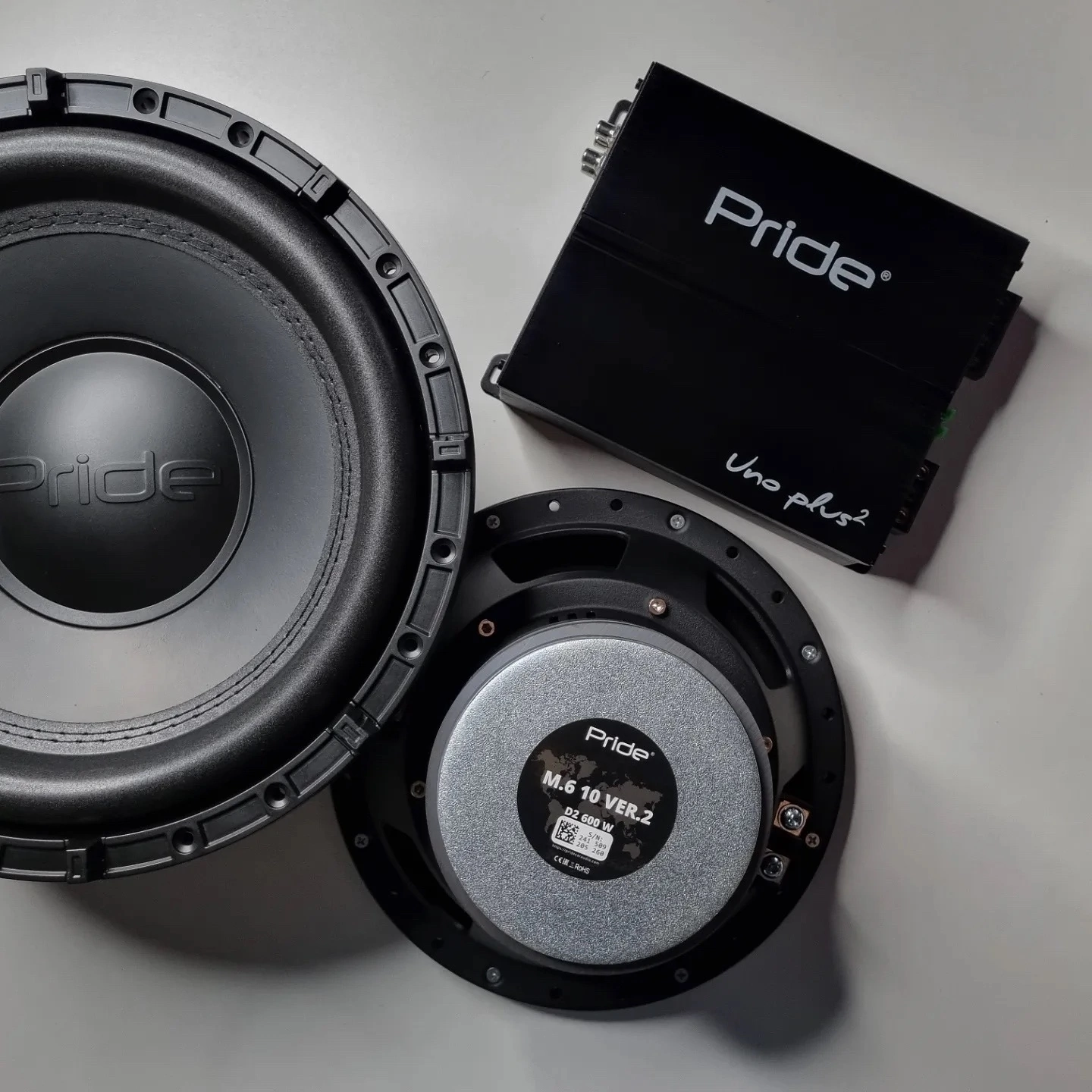Car Soundproofing: How It Affects Audio Quality

Car audio isn’t just about powerful speakers and a quality amplifier—it’s also about proper acoustic preparation of your vehicle. One of the key factors that influences the sound quality of your car’s audio system is soundproofing. In this article, we’ll explore how soundproofing enhances sound quality and why it’s essential for maximizing the performance of your car audio system.
What is Car Soundproofing and Why is It Important?
Car soundproofing is a set of measures designed to reduce noise from external and internal sources within the vehicle cabin. While driving, engine noise, tire sounds, aerodynamic noise, and vibrations create a background that can interfere with enjoying clean, high-quality sound from your audio system.
Soundproofing not only eliminates unwanted noise but also minimizes vibrations that can distort the sound from your speakers and reduce the overall acoustic performance. With proper soundproofing, you can enjoy a more detailed, immersive, and deeper sound experience.
The Impact of Soundproofing on Car Audio
- Improved Acoustic Environment
Soundproofing helps create a more closed acoustic environment inside the car. This allows sound to travel without external distortion or reverberation. As a result, you get clean and detailed sound without interference from outside elements. - Vibration Reduction
Speakers and subwoofers often generate powerful low frequencies that can cause vibrations in the car’s body. Soundproofing materials absorb these vibrations, preventing them from being transferred to the car frame, allowing the audio system to perform more consistently, and delivering clear, rich sound. - Reduction of Background Noise
Soundproofing reduces external noise penetration (from the engine, road, and wind), making listening to music more enjoyable. Even at low volumes, you’ll hear every detail of a track without being drowned out by background sounds. - Optimizing Bass and Low Frequencies
Low frequencies require precise control and stability. Soundproofing the trunk and doors improves subwoofer performance, allowing for better bass distribution. This is especially important for those who appreciate powerful, deep bass in their car audio system.
Types of Soundproofing Materials
Several types of materials are used for effective soundproofing:
- Vibration-damping materials — designed to reduce vibrations and prevent them from being transferred to the car’s body. These materials are applied to metal parts of the car, such as doors, trunk, and roof.
- Soundproofing materials — used to reduce external noise intrusion. These materials are often installed on the floor, ceiling, and trunk.
- Sound-absorbing materials — reduce internal resonance and echo, creating cleaner and more detailed sound.
How to Choose and Install Soundproofing?
For the best results, it is recommended to use a combination of vibration-damping and soundproofing materials in different parts of the car. It’s best to trust the installation of soundproofing to professionals, as the process requires specialized skills and equipment.
Car soundproofing is an integral part of quality audio preparation. It significantly improves car audio quality by eliminating external noise, reducing vibrations, and optimizing the acoustic environment. If you aim to achieve the clearest and most immersive sound in your vehicle, be sure to consider soundproofing.
At Pride Car Audio, we offer a wide selection of car audio equipment that, when paired with proper soundproofing, will help you enjoy the perfect sound from your audio system.
